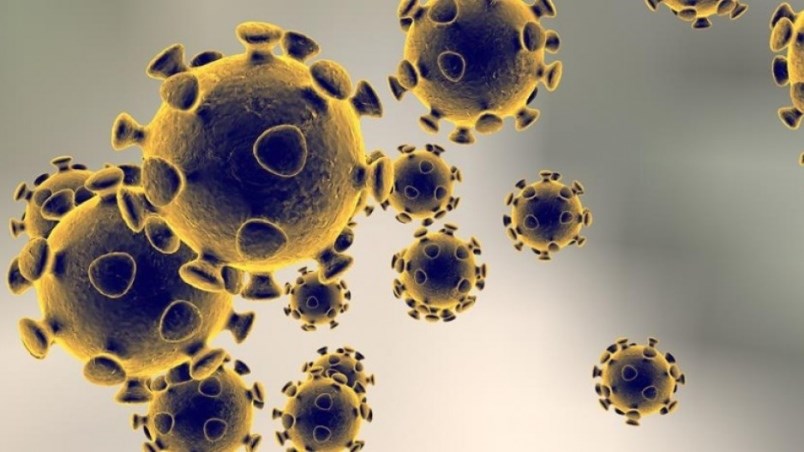COVID-19 cases on the North Shore appear to be holding relatively steady.
That’s despite the easing of previous restrictions, including vaccine passports, and the more transmissible BA.2 variant of Omicron making up the majority of infections in B.C.
There were 87 new cases of COVID on the North Shore, as measured by official PCR testing, for the week of April 17-23, according to B.C.'s Centre for Disease Control. That included 73 new cases in North Vancouver and 14 cases in West Vancouver. That’s similar to the number of new coronavirus cases reported three weeks ago.
Although PCR testing is done for only a small number of people, who are likely to be at particular risk of serious illness from the virus, it is considered an indicator of more general trends.
Those infection numbers have levelled off since a high of more than 900 cases in the first week of January.
Official case rates are sitting at three daily cases per 100,000 people in North Vancouver and four daily cases per 100,000 in West Vancouver.
Vancouver Coastal Health has not provided numbers of patients currently hospitalized at Lions Gate Hospital with COVID-19. In Vancouver Coastal Health overall – which also includes hospitals in Vancouver, Richmond, the Sunshine Coast and Sea-to-Sky corridor – there were 155 people in hospital with COVID as of April 28, seven of them in critical care. Most of the recent hospitalizations and deaths have been among people over 80 years old, according to B.C. Centre for Disease Control statistics.
Wastewater concentrations 'variable'
The most recent reporting of wastewater data showing COVID-19 concentrations at the Lions Gate sewage treatment plant showed changing levels of the virus, with no clear indication of whether the amount of infection is going up or down.
According to the B.C. Centre for Disease Control, viral loads at the North Shore plant in recent weeks have been variable “and do not show a clear trend.”
Recent samples show both higher and lower concentrations of the virus than previous weeks – depending on the date the sample was taken. The highest recent concentrations were 123,542 viral parts per litre, measured on April 23 and 105,720 viral parts per litre, measured on April 20. But there were also lower numbers – 17,891 parts per litre measured on April 25 and 5,350 parts per litre measured April 18.
Measurements in recent months have often hovered between 29,000 and 69,000 parts per litre.
But that's still significantly lower than the peak of 333,000 parts per litre in the first week of January.
Between 92 and 95 per cent of adults on the North Shore have had two doses of vaccine and between 66 and 70 per cent have received a booster shot – higher than the provincial average.
65 per cent of North Van kids 5-11 have received two jabs
Between 54 and 65 per cent of children five to 11 on the North Shore have also received two doses of COVID vaccine.
The ICBC site vaccine clinic remains open for children aged five to 11, while adults are now being directed to get their shots at local pharmacies.
The BA.2 variant of Omicron now makes up almost all cases of the virus in the province, according to the B.C. Centre for Disease Control.


